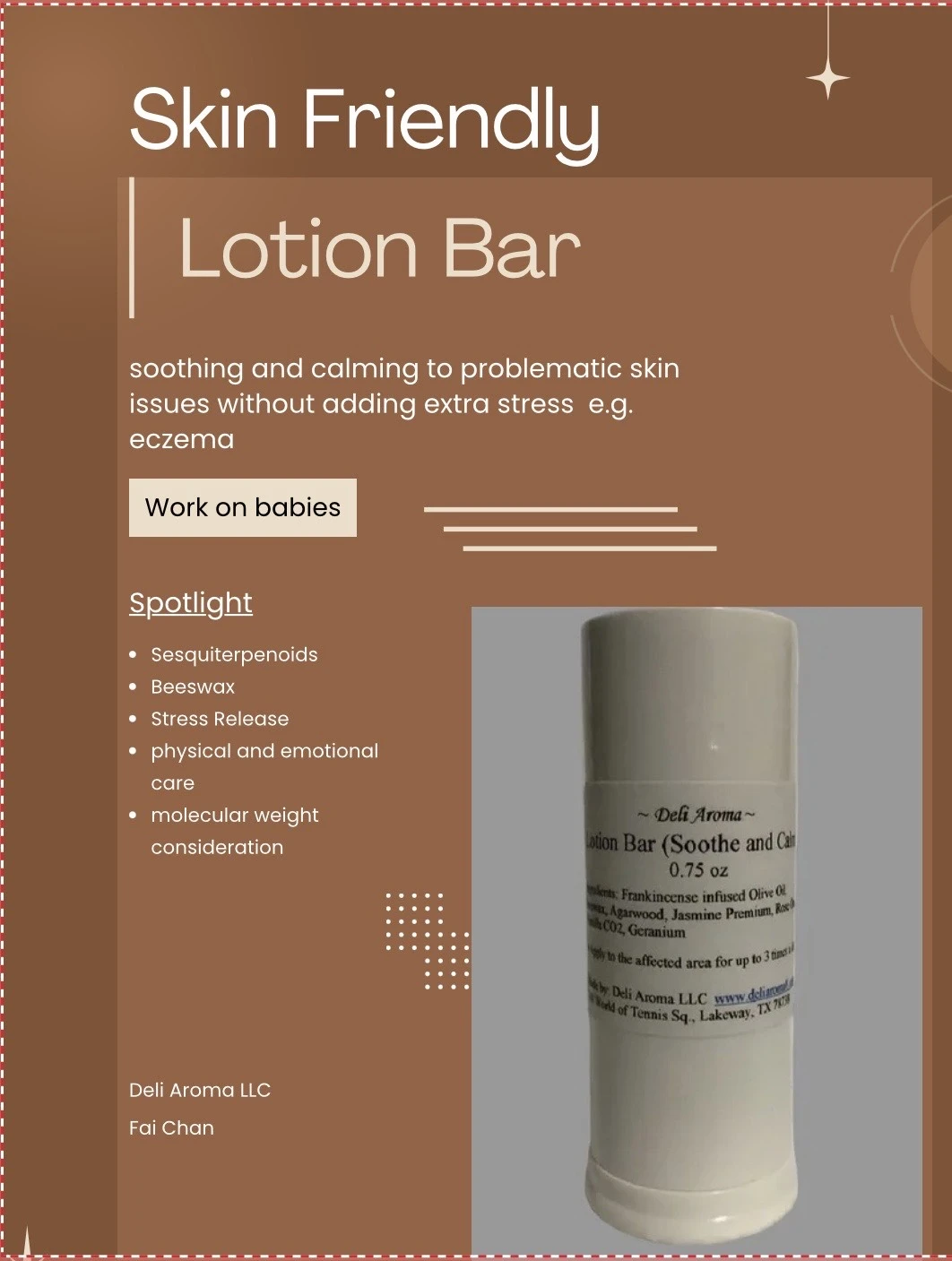Indexed In
- Open J Gate
- Genamics JournalSeek
- ResearchBible
- RefSeek
- Directory of Research Journal Indexing (DRJI)
- Hamdard University
- EBSCO A-Z
- OCLC- WorldCat
- Scholarsteer
- Publons
- MIAR
- Euro Pub
- Google Scholar
Useful Links
Share This Page
Journal Flyer

Open Access Journals
- Agri and Aquaculture
- Biochemistry
- Bioinformatics & Systems Biology
- Business & Management
- Chemistry
- Clinical Sciences
- Engineering
- Food & Nutrition
- General Science
- Genetics & Molecular Biology
- Immunology & Microbiology
- Medical Sciences
- Neuroscience & Psychology
- Nursing & Health Care
- Pharmaceutical Sciences
Biochemical and immune parameters: Effects of Samsum Ant venom on CCL4-treated male rats
Global Congress on Biochemistry, Glycomics & Amino Acids
December 08-09, 2016 San Antonio, USA
Mohammed S Al-Khalifa, Jamil, Al-Tamimi, Hossam Obaid and Mohammed I Siddiqui
King Saud University, Saudi Arabia
Scientific Tracks Abstracts: Biochem Anal Biochem
Abstract:
Investigations have been made on the anti-inflammatory effect of Samsum Ant Venom (SAV) in chemically-induced toxicity in male rats. Observations showed that CCl4 significantly raised the oxidative stress level in CCl4-treated rats. Significant rise of malondialdehyde (MDA) with a significant suppression of glutathione were detected in both hepatic and splenic tissues. Also increase in the total white blood cell counts with significantly high neutrophil percentage was observed in treated rats. In addition, CCl4 significantly increased the cholesterol, triglycerides, creatinine, urea and ALT, and decrease the total protein level. Treatment with 100 μg/kg dose of SAV was found to significantly restore all these studied parameters. It was found to significantly restore the glutathione level and thus decrease the oxidative stress effects. Furthermore, it successfully restored the biochemical parameters, namely, urea, creatinine, cholesterol and total protein to the normal levels. The positive correlation between SAV and the animal model health was clearly observed in the restoration of the normal architecture of both hepatic and splenic tissues with normal distribution of the immune cells in the white pulp of spleen treated with CCl4.
Biography :
Mohammed S Al-Khalifa completed his PhD from the Swansea University, Wales, UK in 1977 and ever since then is the faculty in the Zoology Department, King Saud University, Riyadh Saudi Arabia and actively involved in teaching graduate and post graduate students and supervised dozens of PhD and Master’s dissertation leading to the award of the degree of Doctor of Philosophy. He has published over 70 research articles on the different topics concerning medically important insects, ticks, mites and their physiology.
Email: mkhalifa@ksu.edu.sa


